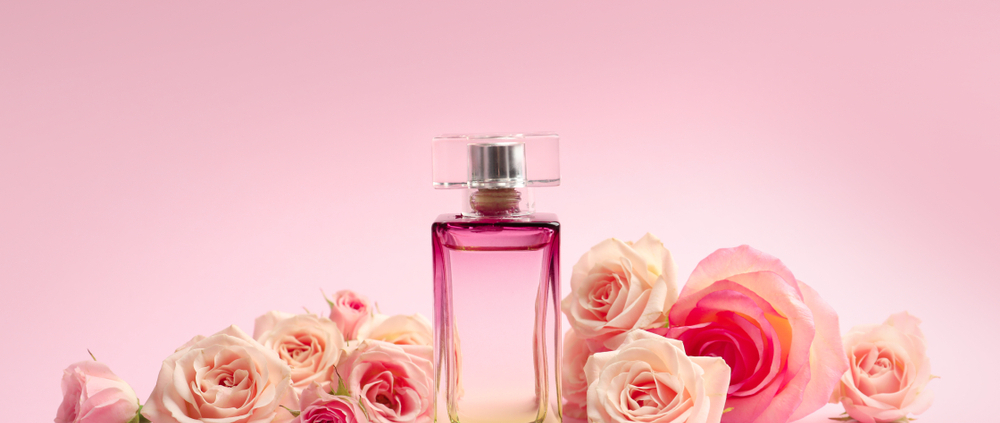What Is the Ruling on Alcohol in Cosmetics, Shampoo, and Medicine?
Hanafi Fiqh
Answered by Mawlana Ilyas Patel
Question
I am confused about the lawfulness of alcohol in cosmetic products and medicine. There are conflicting answers on the SeekersGuidance website. My questions are:
1. Are cosmetic products and medicine treated differently as far as alcohol presence is concerned?
2. If so, if wearing cosmetics with alcohol, should one avoid lipstick (risk of swallowing) or kissing skin that has such a product applied to it?
3. Does the Hanafi school distinguish between ethanol and other types of alcohol, e.g., cetearyl or benzyl?
4. Due to not knowing the source/production method of ingredients, may I assume all cosmetic products and medicine containing forms of ethanol, cetearyl, and benzyl or just saying “alcohol” are halal? Is any ingredient a red flag?
Answer
In the Name of Allah, the Most Merciful and Compassionate.
I pray you are in good faith and health.
According to reputable Muftis and Scholars, the fatwa in our day is that synthetic alcohol, as well as all alcohol that is not regarded as “khamr,” is pure (tahir) and permissible to use and consume as long as:
- it is not used as an intoxicant;
- it is not used as intoxicant as used (i.e., for alcoholic consumption, even a little);
- it is not used in an amount that intoxicates;
- it is not used in vain (lahw).
Answer 1
Alcohol in Cosmetic Products
It is permitted to use deodorants and creams containing alcohol, as it is invariably synthetic alcohol and not the khamr (wine) that is absolutely impermissible and filthy.
Alcohol in Medicine
In general, it is permitted to consume non-wine alcohol as long as (1) it is not used as an intoxicant, (2) it is not used as intoxicants are used, (3) it is not used in an amount which intoxicates, and (4) it is not used in vain.
If there are alternatives, one should first look to other options to avoid the difference of opinion on the issue.
Answer 2
Kissing someone with this type of lipstick would be permissible, as it is not used as an intoxicant. However, it would be best to avoid and use an alternative lipstick that does not have any of these ingredients, especially if one falls into misgivings.
Answer 3
Ethanol and Methanol are both types of Alcohol.
Ethanol is found in alcoholic beverages but synthetic in nature, and not the khamr (wine) made from grapes and dates. In comparison, methanol is toxic and used for industrial purposes.
Benzyl Alcohol
Benzyl alcohol, the aromatic alcohol, also goes by a few other names, such as benzene methanol or phenylcarbinol. It’s derived from fruit, usually, cranberries and apricots, etc., comes in the form of a colorless liquid, and has a slightly sweet scent. As a multifunctional ingredient, you can spot benzyl alcohol on the ingredient label of many different skincare, cosmetic, and personal products, such as moisturizers, lip balms, face washes, and even makeup.
Ceterayl Alcohol
Cetearyl alcohol is a chemical found in cosmetic products. It’s a white, waxy mixture of cetyl alcohol and stearyl alcohol, both fatty alcohols. They’re found in animals and plants, like coconut and palm oil. They can also be made in a laboratory.
They’re used in personal care products, mainly skin lotions, hair products, and creams. They help create smoother creams, thicker lotions, and more stable foam products.
Answer 4
You can assume all cosmetic products and medicine containing forms of ethanol, cetearyl, and benzyl halal. However, to avoid differences of opinion, finding an alternative, or falling into misgivings, one is advised to move away from using these products. [Taqi Usmani, Qadaya Fiqhiyya al-Muʿasara, Fiqh al-Buyu’]
In summary, if any of the above ingredients make you fall into intrusive thoughts and doubts, move away from them for a bit or all together and find alternative products. However, one has to follow the majority of Muslims, and when you see righteous scholars and Muslims using these products that have the above ingredient, it should assure you that you should not worry at all.
Related:
- Cosmetics Archives
- Is It Permissible to Use Medicine With Haram Ingredients?
- Can I Use Polyethylene, Propylene glycol, Ethanol, and Methanol?
- Devil’s Tricks – The Path of Muhammad: Birgivi’s Manual of Taqwa Explained [Video]
- Doubts – IPD Session #3 | COJ – an ISIP Youth Chapter Initiative
- The Application of Islamic Psychotherapy for the Treatment of OCD
- Key Principles Relating to Certainty, Doubt, and Baseless Misgivings (waswasa)
- A Reader on OCD and Waswasa (Baseless Misgivings)
- Satanic Tactics: Seven Tricks of the Devil
Why not begin your search for knowledge by signing up for a course on SeekersAcademy?
I pray this helps with your question.
Wassalam,
[Mawlana] Ilyas Patel
Checked and Approved by Shaykh Faraz Rabbani
Mawlana Ilyas Patel is a traditionally-trained scholar who has studied in the UK, India, Pakistan, Syria, Jordan, and Turkey. He started his early education in the UK. He went on to complete the hifz of the Quran in India, then enrolled in an Islamic seminary in the UK, where he studied the secular and ‘Aalimiyya sciences. He then traveled to Karachi, Pakistan. He has been an Imam in Rep of Ireland for several years. He has taught hifz of the Quran, Tajwid, Fiqh, and many other Islamic sciences to children and adults onsite and online extensively in the UK and Ireland. He taught at a local Islamic seminary for 12 years in the UK, where he was a librarian and a teacher of Islamic sciences. He currently resides in the UK with his wife. His interest is a love of books and gardening.
